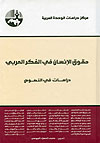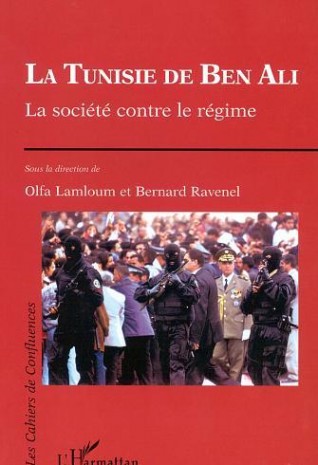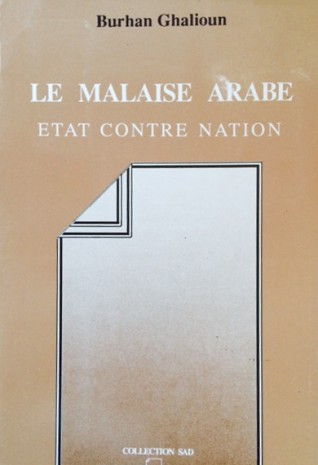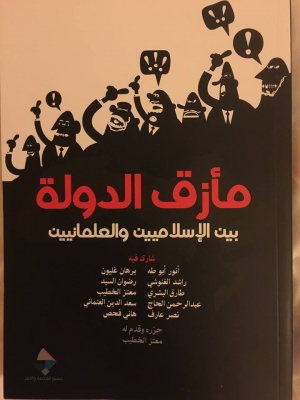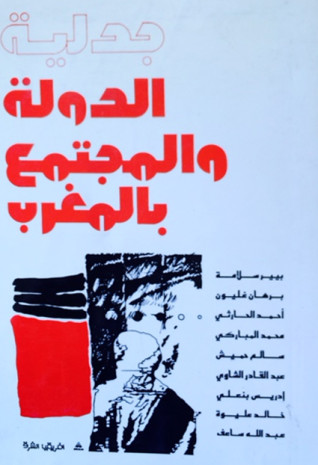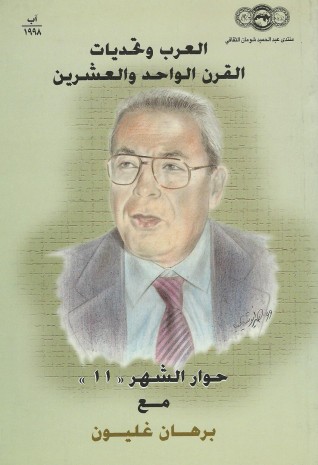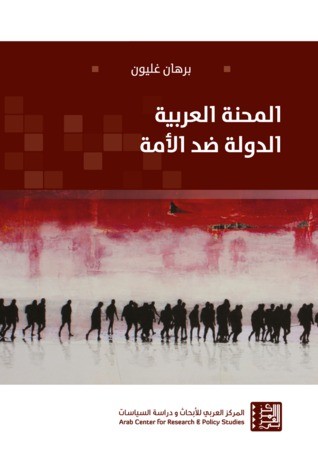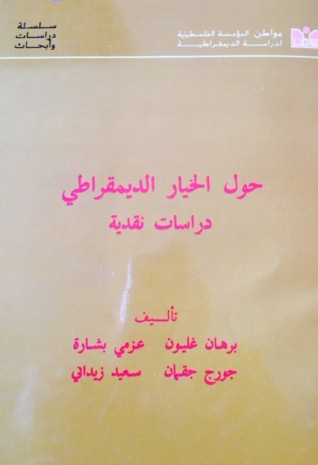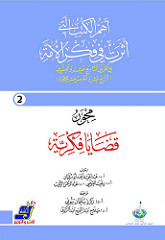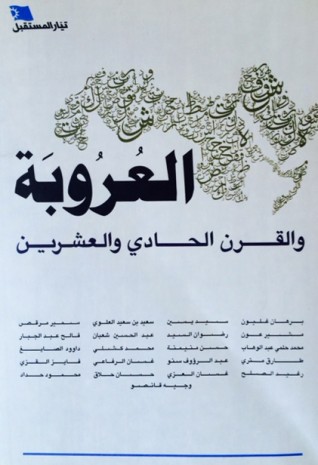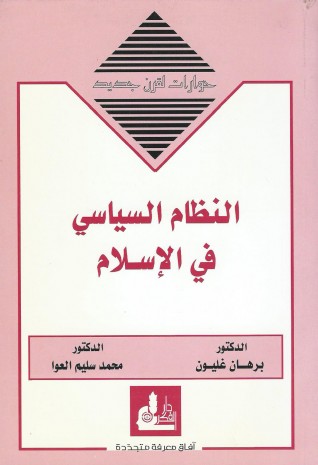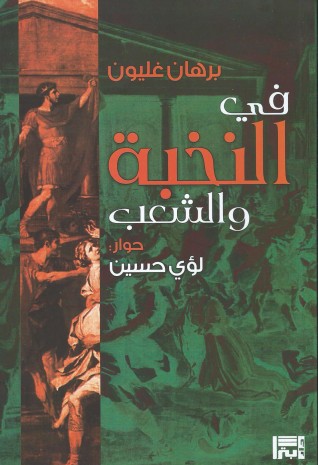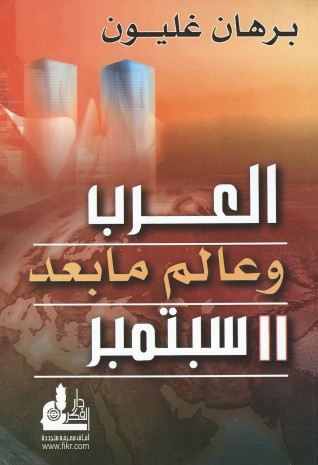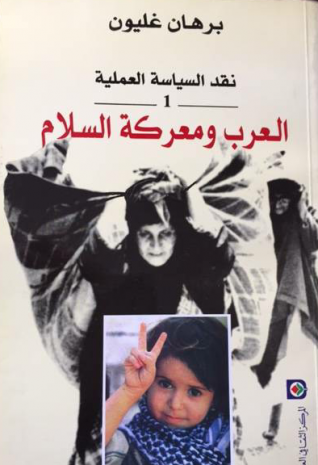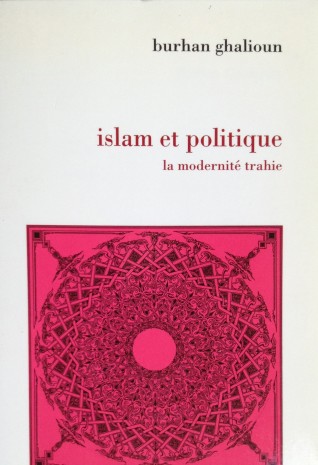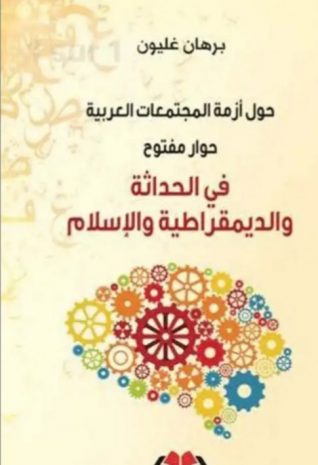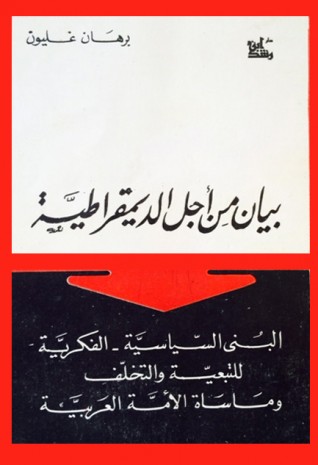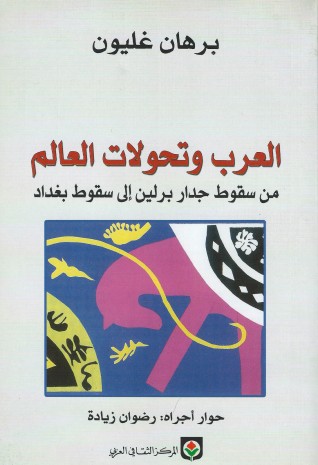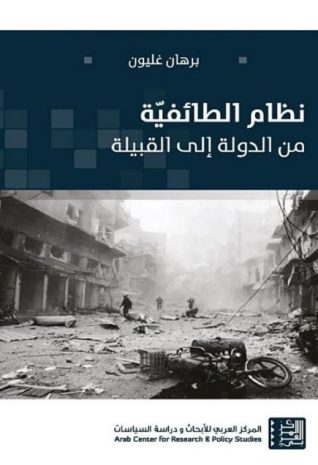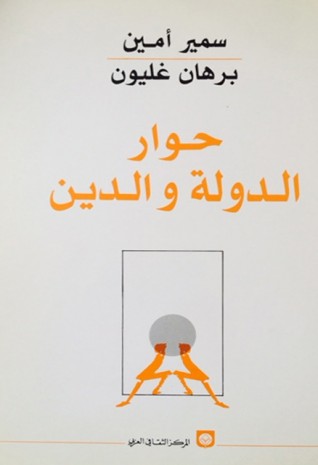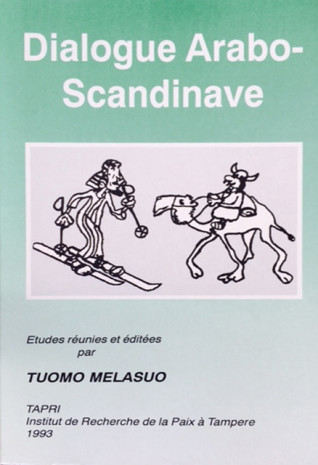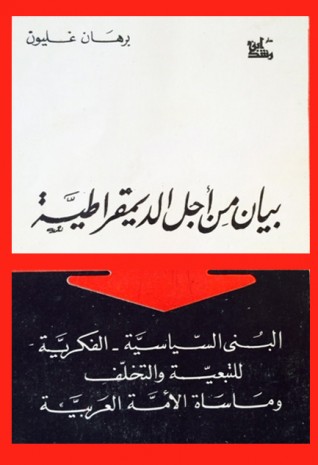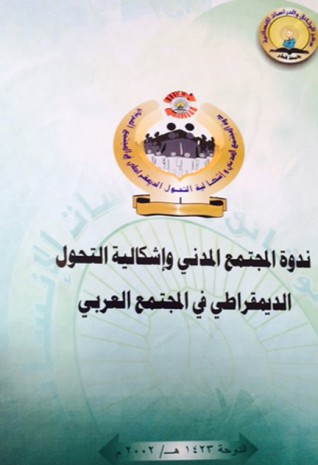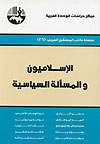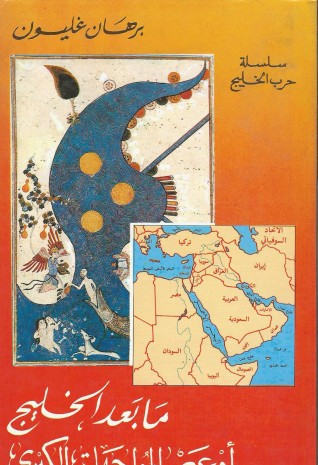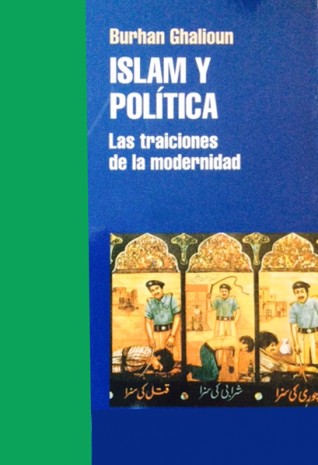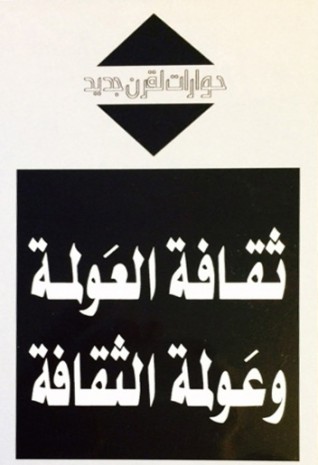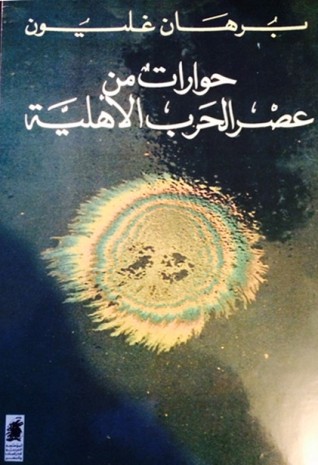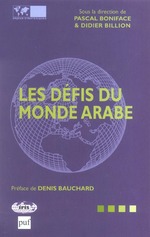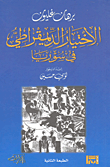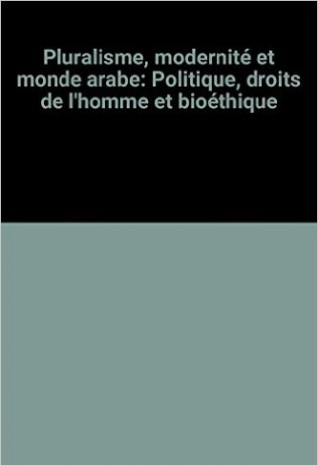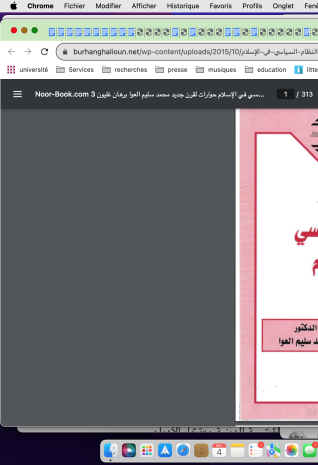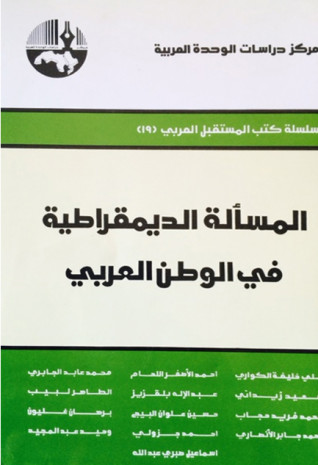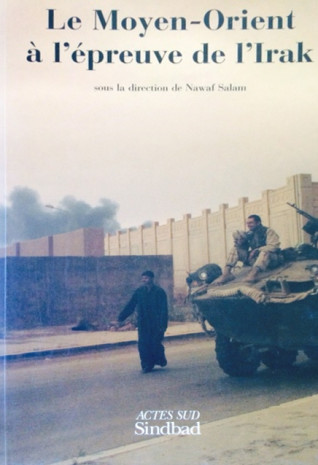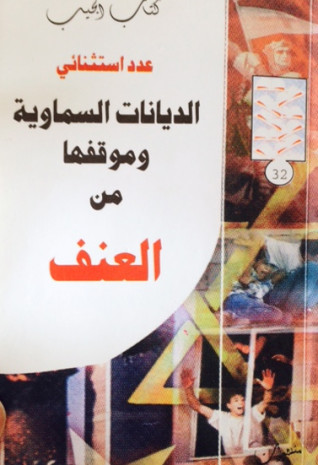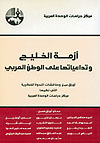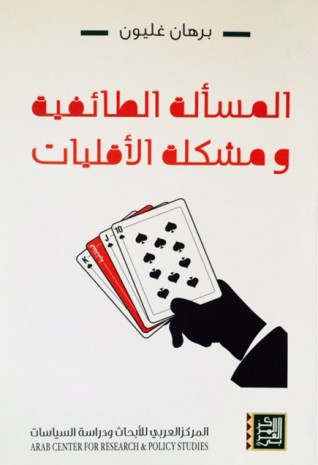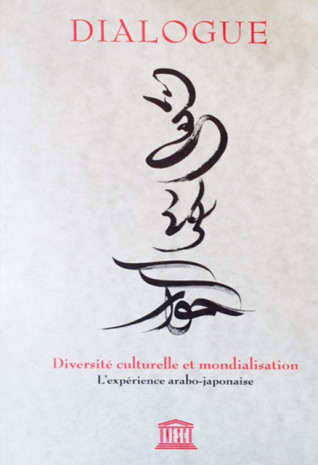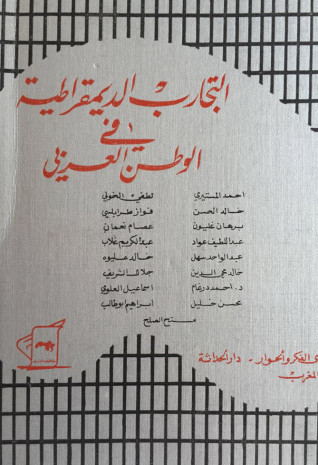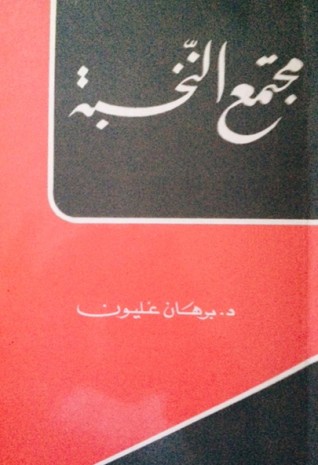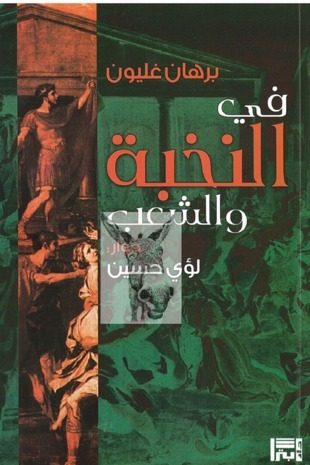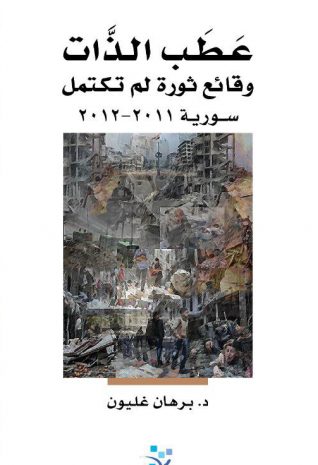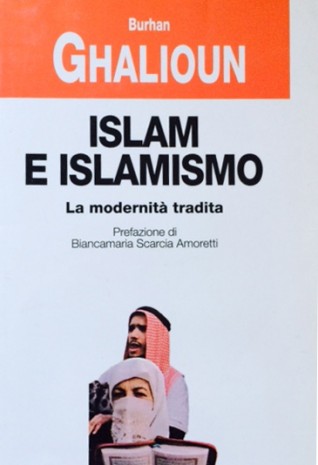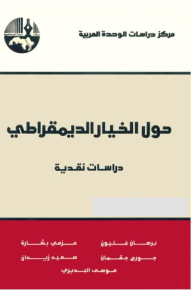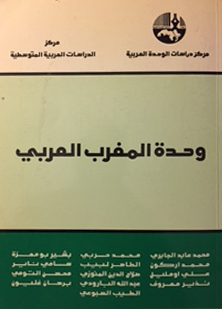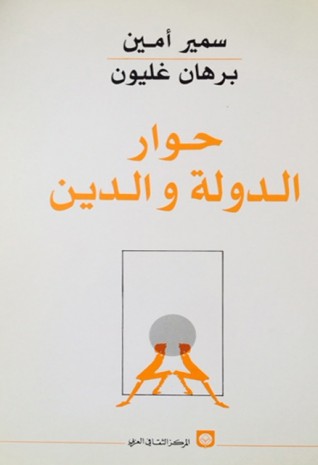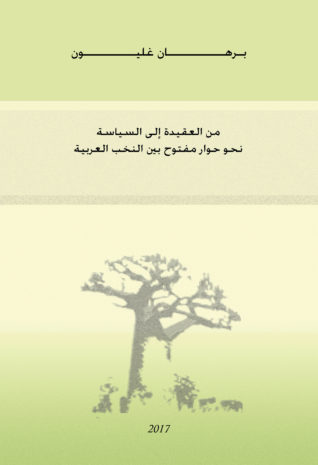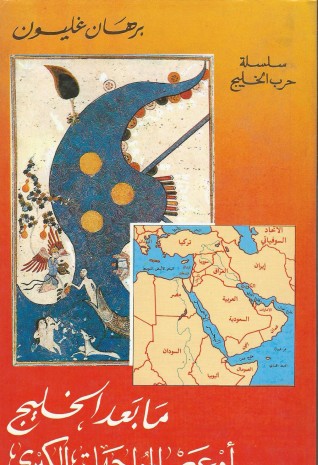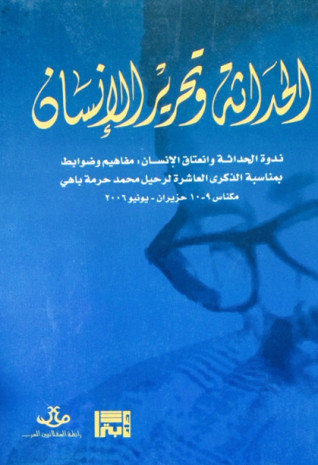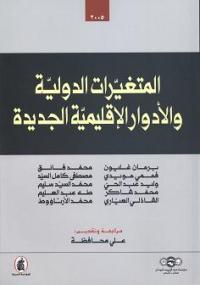the international community must threaten to intervene in a different way
2012-04-16 :: ARTE Journal
Iris Hartl
Does the syrian peace plan have a chance of being succesful ? In an interview with ARTE Journal, the head of the Syrian National Council (SNC) Burhan Ghalioun expresses serious doubts.The ceasefire brokered by Kofi Annan as part of the UN-Arab League peace plan came into force on Thursday morning. But for how long? For now, troops and army tanks are still deployed in the main opposition strongholds.
Burhan Ghalioun, head of the Syrian National Council (SNC), the leading opposition force, has called on the people to demonstrate. He wants to enforce another essential point in Kofi Annan’s plan which, in addition to the withdrawal of tanks and the ceasefire, stipulates the right to peaceful demonstration. He has agreed to be interviewed for ARTE Journal.
Have you had confirmation of a fatality today, as reported by the media?
I haven’t had confirmation personally, but it was reported by militants on the ground. It’s most probably true. No-one trusts a regime that has used force for 13 months to deny people the right to peaceful expression.
This morning, you are calling on the Syrian people to protest on mass. Doesn’t the peace plan prohibit the opposition from carry on its demonstrations?
The aim of the ceasefire is to allow the Syrian people to protest peacefully. The Annan plan is not about preventing the Syrian people from expressing their desire for change. On the contrary, its purpose is to guarantee the Syrian people’s peaceful struggle for democracy. The goal of the overall Annan plan is the transition to a democratic country through means of negotiation. And the way to lead this negotiation is to allow the Syrian people freedom of expression. That’s why we’ve talked about the necessity of allowing the media entry into Syria. Conditions have to be provided so that they can work freely. That’s why the Syrian National Council has declared its opposition to the use of weapons. So that people can say what they think, what they want.
Assad’s regime has also set some conditions: the Syrian Foreign Affairs minister declared yesterday that Damascus reserved the right to respond to any attack by “armed terrorist groups against civilians, government forces and state or private property”. Is this a way of clearing their name and making the opposition responsible in case of failure?
Everyone knows there are no terrorist groups in the country. The people are terrorised by the heavy weapons and the armed forces under the command of the Syrian intelligence services and the government. They are firing on the people. They must stop. They must cease fire. Some of the revolutionaries no doubt are armed, especially the deserters from the army who refused to obey the order to kill citizens. The deserters (editor’s note: the Free Syrian Army) are not at war, not at all. They are just defending themselves against attack by the security forces. And so if there are no attacks by government forces, there will be no use of arms by the other side, the revolutionaries. Whatever happens, regarding fatalities, the regime is responsible. It’s the case today, as it was before.
The UN-Arab League envoy, Kofi Annan, anticipates in the first steps of his peace plan that a dialogue will be established between the government and the various opposition groups. Do you think that’s possible?
It will be possible if the government actually respects its commitments and withdraws the army from the towns as agreed in the peace plan. There can be no compromise on that issue. It’s the same for the security forces who are carrying out the repression. You can’t replace the army with police forces who kill and assassinate in secret and who arrest young people to prevent them from demonstrating for change. Also, as stated in the peace plan, the international humanitarian organisations must be allowed to do their work to help the stricken Syrian people cope with the difficult situation they face today. And the international community must provide guarantees that the government won’t go back on its word in the future, when things prove difficult. On that point, there are still no guarantees. Who will guarantee that tomorrow the ceasefire will hold and the weapons will be withdrawn from the streets? Who will guarantee that tomorrow the same criminal, the president, won’t give the order to these people to fire on the population? There is no guarantee.
What’s the solution? What can the international community do to obtain such guarantees?
It must provide guarantees, tell Assad that if he doesn’t accept change through peaceful means, there won’t be any other alternatives. All the parties must now agree to start negotiations to transfer power to an elected government which will truly represent the people. If the government uses indirect means to stop people expressing their wishes, the international community must threaten to intervene in a different way to help the people obtain their basic rights.
Is the opposition ready to accept the Syrian president Bachar al-Assad staying in power, in the short term, for the sake of peace, as anticipated in the Annan plan?
It’s the course of history, the course of the revolution, even the course of the Annan plan. Annan says the goal of the peace plan is to lead the country to democratic government.
Let’s talk about the Syrian opposition, which is still very divided. Do you think it can speak with one voice to be effective on a diplomatic level?
No opposition in the world is unified within a coalition. And the Syrian opposition, in such a situation, is truly unified, as regards the political programme. Everyone wants an end to the regime and the installation of a democratic government in its place. The Syrian opposition shares the same vision, as do the Syrian people. Nothing is stopping the opposition reaching agreement on a single form of organisation. However, it needs coordination, and that is happening. Within the Syrian National Council, a restructuring is underway so that all the elements of the opposition that are on the same political line can be integrated.
At the start of the revolt you were against arming the opposition. What is your position now?
There is no guarantee that the government and those who ordered the slaughter will respect their commitments. We need a force to protect the population and guarantee the right of the Syrian people to be protected from criminals. I think that’s normal. We haven’t asked the government to disarm, even though it has made a policy of killing and massacres in Syria. So, we can’t ask the opposition to completely disarm while there are no guarantees from the other camp.

